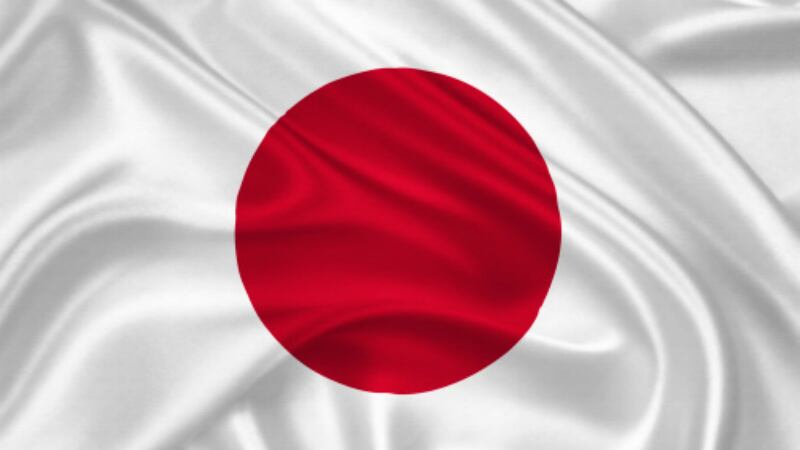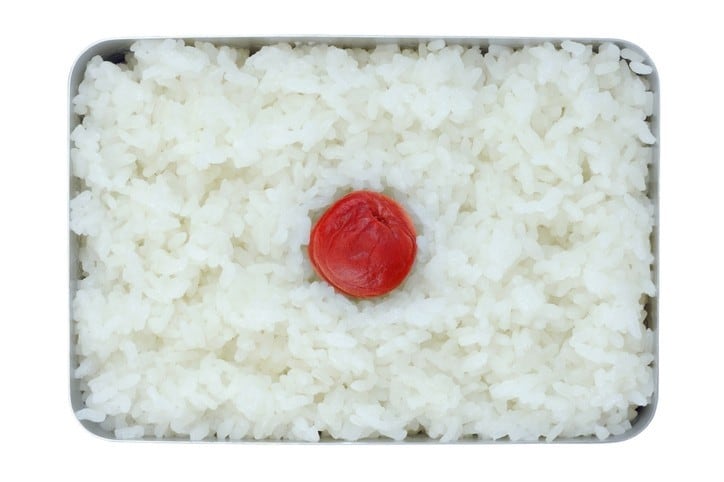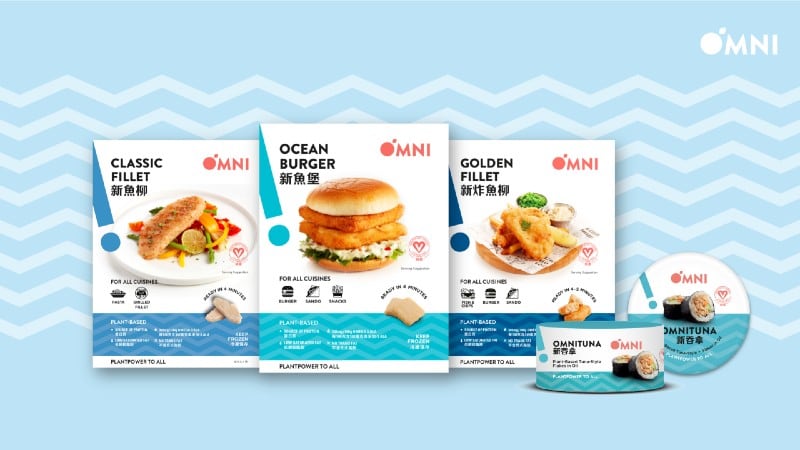Stemming the tide: Challenged Japanese seafood sector urged to prioritise sustainable measures to maintain profitability
Japanese seafood firms have been urged to employ strategies where sustainability and financial profitability are linked in order to counteract downward industry trends and avoid both environmental and financial failure.
According to a new seafood industry report focused on Japan by financial think tank Planet Tracker dubbed ‘Against The Tide’, Japan’s seafood industry is facing a major challenge - Too much natural capital (such as fish supply) has been depleted, whereas Japanese seafood firms have been relying on financial tactics such as foreign expansion, vertical integration, cost-cutting and so on to bypass these – but will not be able to hold out for much longer.
“Seafood stocks, suply and demand in Japan have all seen a drop, yet between 2010 and 2019, the seafood companies we researched in this report have all reported rising profits and share prices,” report lead author Francois Mosnier told FoodNavigator-Asia.
Adios hangover: Kirin’s Mercian develops ready-to-drink non-alcoholic sangria for young Japanese consumers
Kirin’s wine subsidiary Mercian Corporation has developed its first non-alcoholic sangria drink, designed to capture the attention of younger consumers.
Marketed under the new brand, Mock Bar, the non-alcoholic sangria drink is made with a non-alcoholic wine extract, fruit juices (orange, mango, pear, pineapple), and spices (cinnamon, mint). Aimed for a launch in June, Mercian targets to sell 360,000 bottles (250mL/bottle) this year.
Yohei Nagaya, brand manager of Mock Bar, told FoodNavigator-Asia: “In our customer survey, many consumers, especially the younger generation, responded that they like to drink, but want to enjoy their time without getting drunk, and that they want to drink products that give them a special feeling, even if they are non-alcoholic,
“Among the wine categories, sangria is popular among young people because they have a high level of experience and intention to drink it, and because it is luxurious and delicious due to its high fruit juice content.”
‘Radioactive dump’: South Korea proposes additional city and province labelling of raw materials for imported foods
South Korea has proposed a draft where additional labelling of origin of raw materials should be indicated for all imported agriculture, aqua and processed foods following Japan’s decision to release more than one million tonnes of treated radioactive water from the Fukushima nuclear plant into the Pacific Ocean.
The draft states that additional information on city or province or prefecture of raw materials need to be indicated, in addition to the country of origin which is already mandatory.
Japan’s decision has been criticised by countries including South Korea, China, Taiwan and New Zealand.
Dr Frank Kim, founder and CEO of SEAH Bio, a South Korean-based regulatory consultancy specialising in nutraceutical, pharmaceutical and processed foods regulations told FoodNavigator-Asia: “They (democratic party) are proposing a regulation to give consumers the right to know where their food products come from and give them peace of mind if they know it is not coming from a dangerous region.”
Salt reduction in Asia: Ajinomoto on regional nutritional focus with umami key to reformulation
Japanese F&B giant Ajinomoto has revealed its nutritional strategy for Asia focused on salt reduction with umami flavour at the heart of its reformulation drive.
Ajinomoto’s plans for Asia are part of its larger global nutrition strategy dubbed ‘Nutrition Without Compromise’, but for this region in particular, salt reformulation and increasing protein intake are particularly important due to public health and demographic concerns.
“High salt intake is linked with high blood pressure, which is in turn linked with various public health concerns such as stroke, heart disease and cognitive health impairment. In Asia, several countries are now taking over double the recommended daily amount of salt,” Manasi Pethkar from the Ajinomoto Science Group & Planning Group, Global Communications Department told FoodNavigator-Asia.
“The World Health Organisation (WHO) recommended amount of salt intake is 5g per day – at present the global average daily salt intake is roughly double that, and the top of this list includes countries such as Thailand (13g), Japan (12g), Vietnam (12g), the Philippines (11g) and Myanmar (11g).
Paraprobiotic and premenstrual symptoms: Daily intake of Asahi product may provide emotional benefits - study
Daily intake of Asahi’s proprietary paraprobiotic, Lactobacillus gasseri CP2305, for six months may reduce premenstrual symptoms (PMS) such as depressed mood and anxiety among young Japanese women.
According to a study funded by Asahi and conducted by researchers from Tokushima University Graduate School and Asahi Quality & Innovations, the CP2305 group reported fewer premenstrual symptoms than the placebo group, particularly psychological symptoms.
Originally isolated from the stool of a healthy volunteer, previous studies have shown that a daily intake of CP2305 can relieve fatigue and stress-related symptoms in long-distance male runners, as well as reduce stress among students, and improve clinical symptoms of patients with irritable bowel syndrome. However, no studies have been conducted on CP2305’s effects on premenstrual symptoms.
“To the best of our knowledge, this is the first study to evaluate the effects of probiotics or paraprobiotics on premenstrual symptoms,” researchers wrote in the Journal of Functional Foods.





